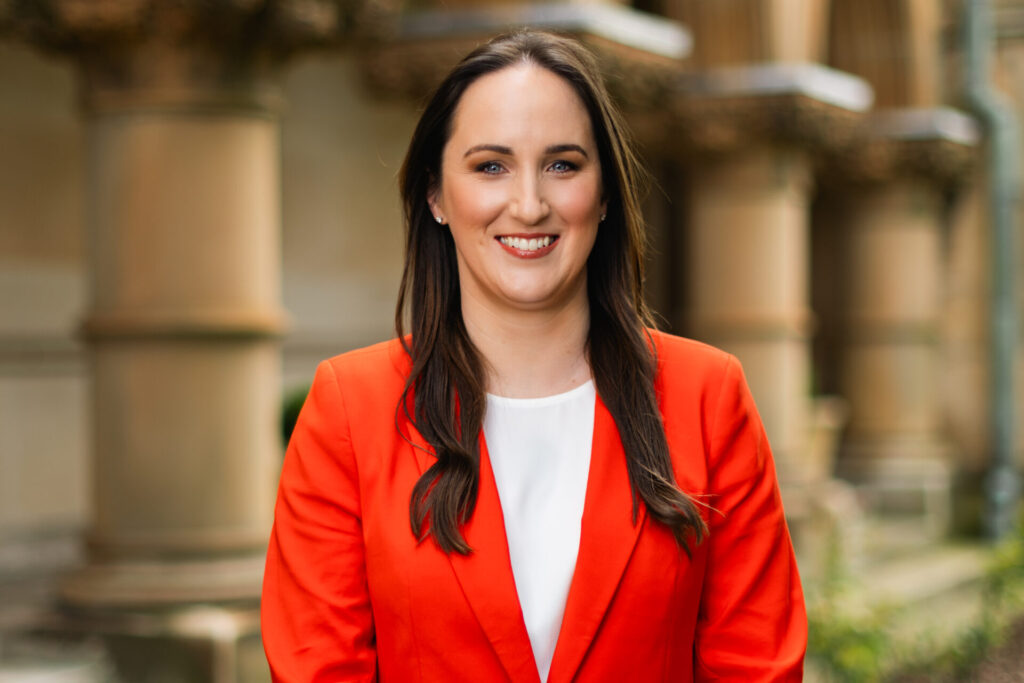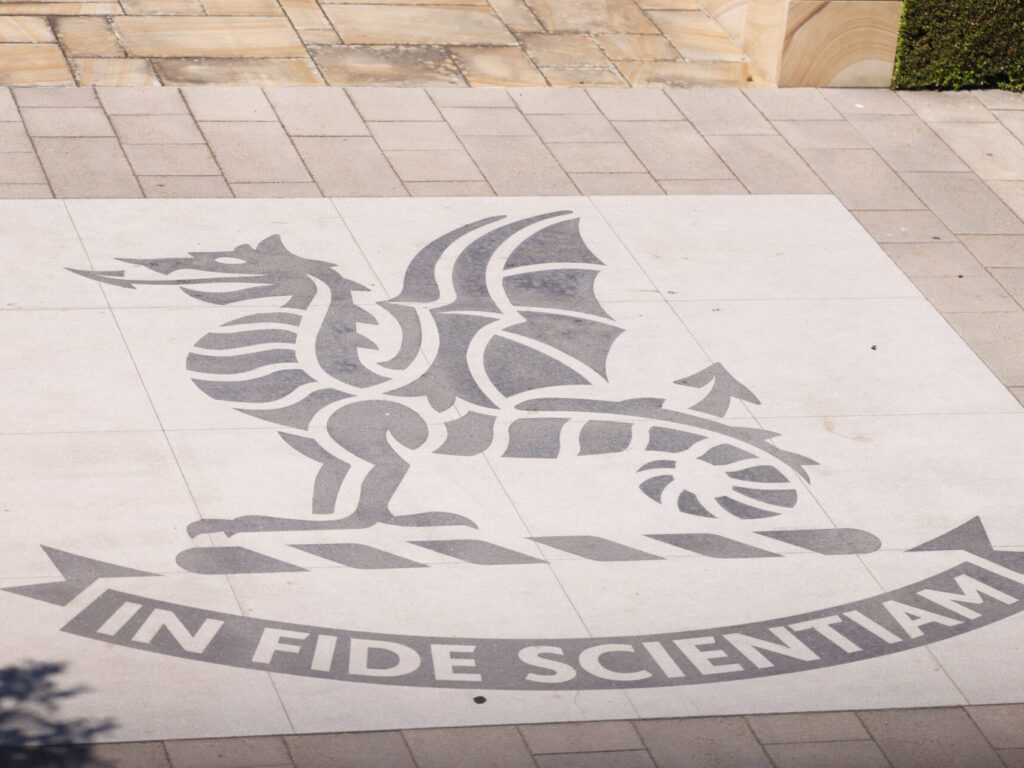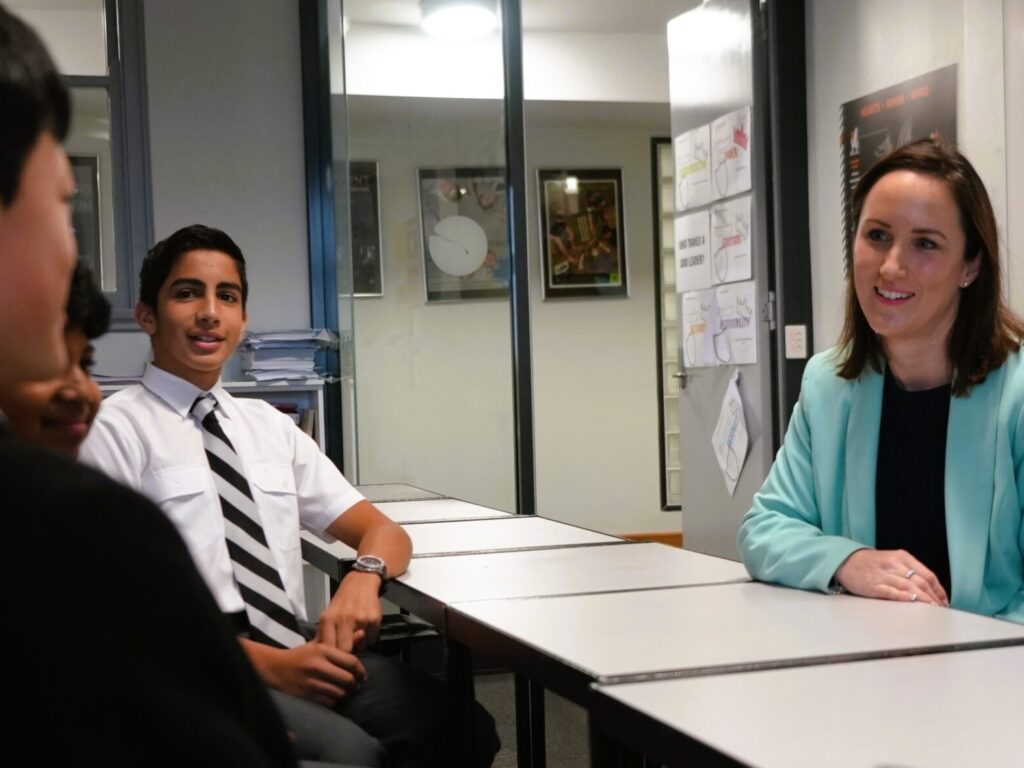Allowing our students to get comfortable with the full range of emotions
Recently, I had the opportunity to hear Dr Judith Locke, a clinical psychologist and former teacher, speak at an event. She began with a statement that has stayed with me for weeks:
‘The purpose of school is not to give students good feelings. The purpose of school is to teach them to do good things, which give them the capacity to live a good life.’
Dr Locke went on to explain that meaningful learning experiences often involve challenge, and challenges, by definition, bring discomfort and frustration. This has led me to reflect deeply on how we respond when students express discomfort. Where are we in those moments? What do our words and actions convey about these emotions?
We can all think of many examples: the disappointment of missing out after auditioning for a play, getting an assessment mark lower than expected after hours of effort, receiving a demerit for a minor mistake, running your hardest at the Athletics Carnival but falling short of a podium finish or noticing friends subtly moving in different social directions, leaving you to navigate new connections. These situations, while varying in scale, are familiar to both students and adults alike.
These experiences often come with feelings of discomfort, disappointment or frustration. However, Dr Locke’s message wasn’t about turning these negative feelings into positive ones. We know our teenagers don’t want to hear about silver linings right after giving their all and facing a tough loss. Instead, her point was that these experiences are essential. They equip young people with the full range of emotions and provide the tools to build resilience, self-reliance and determination. We can’t (and shouldn’t) try to remove these moments from their lives, nor should we impose our own adult narratives on them.
Our role is to highlight the value of these challenges and give space for students to face them – whether they fall short, feel fatigued, or experience frustration – because we understand the inherent developmental value in these moments. These experiences are not only part of schooling; they are necessary and appropriate for the growth of our young people.
Dr Locke’s talk was infused with what she called her trademark ‘radical candour’, though many parents and educators might not find her honesty all that radical. Nonetheless, her insights were both humorous and refreshing.
In a time when we have more parenting metaphors than we can count — snowplough, helicopter, tiger, lawnmower, unicorn, bulldozer and more (ever heard of the dolphin, curling or jellyfish parent?) — it seems that they all centre on one common theme: how we approach our children’s challenges.
Dr Locke’s message was simple and resonant: we need to be comfortable sitting with all emotions, not just the easy ones. As she concluded her address, she emphasised that our pride as leaders – and I would extend this to parents and carers as well – should come from embracing and seeing all emotions in our families and communities every day.
I’ve since picked up a copy of Dr Locke’s book The Bonsai Child. If you haven’t read it, I highly recommend checking out her work on her website, Confident and Capable.




